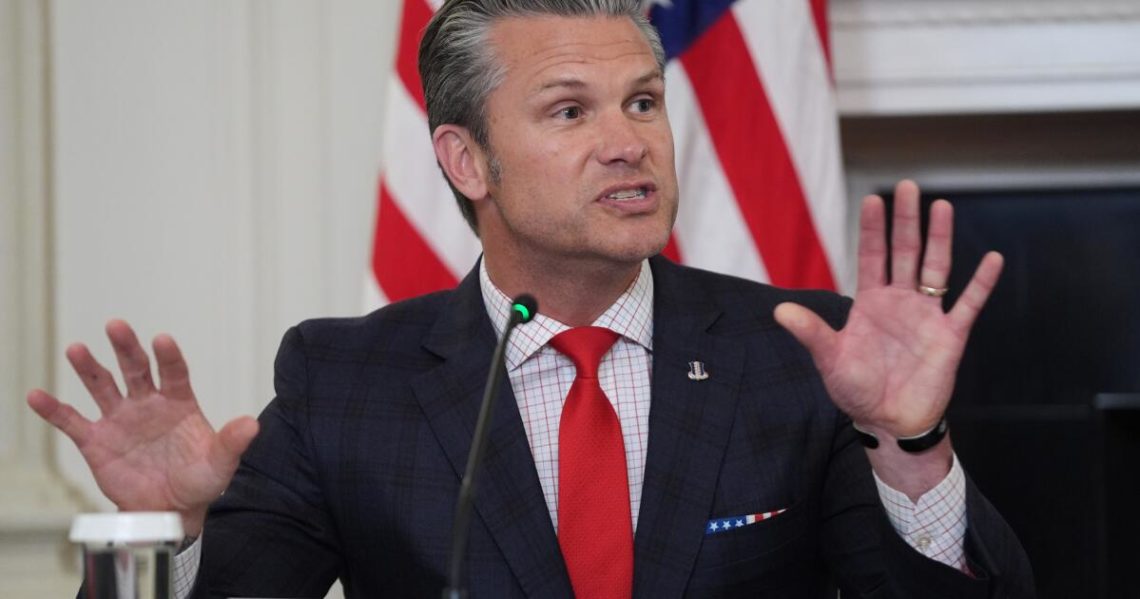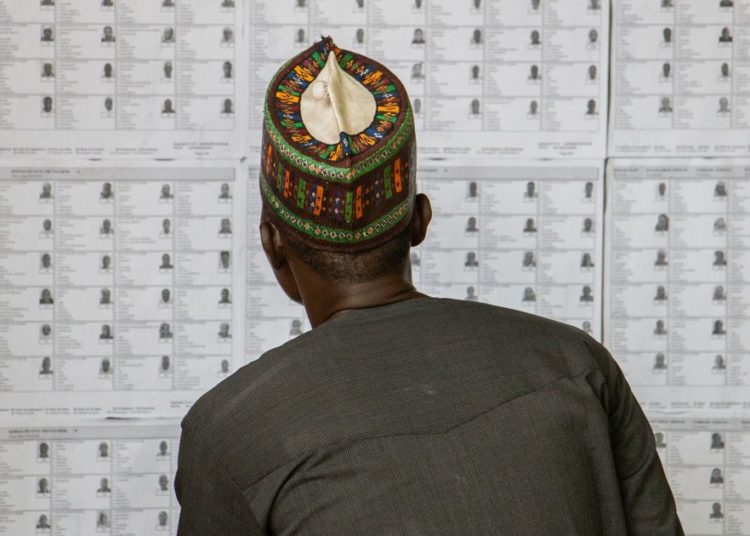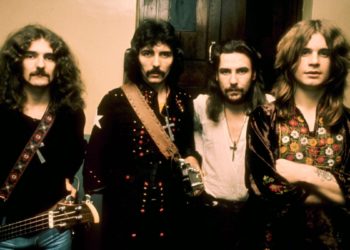MEXICO CITY — The United States slapped sanctions on Colombian President Gustavo Petro on Friday and said it was sending a massive aircraft carrier to the waters off South America, a new escalation of what the White House has described as a war against drug traffickers in the region. Also Friday, the U.S. military conducted its 10th strike on a suspected drug-running boat, killing six people in the Caribbean Sea.
The Treasury Department said it was sanctioning Petro, his wife, his son and a political associate for failing to stop the flow of cocaine to the United States, noting that cocaine production in Colombia has risen in recent years. U.S. Treasury Secretary Scott Bessent accused Petro of “poisoning Americans.”
Petro denied those claims in a statement on X, saying he has fought to combat drug trafficking for decades. He said it was “quite a paradox” to be sanctioned by a country with high rates of cocaine consumption.
The sanctions put Petro in the same category as the leaders of Russia and North Korea and limit his ability to travel to the United States. They mark a new low for relations between Colombia and the United States, which until recently were strong allies, sharing military intelligence, a robust trade relationship and a multibillion-dollar fight against drug trafficking.
Elizabeth Dickinson, a senior analyst for the Andes region at the International Crisis Group, a think tank, said that while Petro and the U.S. government have had disagreements over how to tackle trafficking — with the Americans more interested in eradicating coca fields and Colombians focused on cocaine seizures — the two countries have been working for decades toward the same goal.
“To suggest that Colombia is not trying is false and disingenuous,” Dickinson said. “If the U.S. has a partner in counternarcotics in Latin America, it’s Colombia. Colombian forces have been working hand in hand with the Americans for literally four decades. They are the best, most capable and frankly most willing partner the U.S. has in the region.
“If the U.S. were to cut this relationship, it would really be the U.S. shooting themselves in the foot.”
Many viewed the sanctions as punishment for Petro’s criticism of Trump. In recent days, Petro has accused the U.S. of murder, saying American strikes on alleged drug boats lack legal justification and have killed civilians. He has also accused the U.S. of building up its military in South America in an attempt to topple Venezuelan President Nicolás Maduro.
The quickened pace of U.S. airstrikes in the region and the unusually large buildup of military force in the Caribbean Sea have fueled those speculations.
On Friday, a Pentagon official said the U.S. ordered the USS Gerald R. Ford and its strike group to deploy to U.S. Southern Command to “bolster U.S. capacity to detect, monitor, and disrupt illicit actors and activities that compromise the safety and prosperity of the United States.”
The USS Ford is currently deployed to the Mediterranean Sea along with three destroyers. It would probably take several days for the ships to make the journey to South America.
The White House has increasingly drawn a direct comparison between the war on terrorism that the U.S. declared after the Sept. 11, 2001, attacks and the Trump administration’s crackdown on drug traffickers.
Trump this month declared drug cartels to be unlawful combatants and said the U.S. was in an “armed conflict” with them, relying on the same legal authority used by the Bush administration after 9/11.
When reporters asked Trump on Thursday whether he would request that Congress issue a declaration of war against the cartels, he said that wasn’t the plan.
“I think we’re just going to kill people that are bringing drugs into our country, OK? We’re going to kill them, you know? They’re going to be like, dead,” Trump said during a roundtable at the White House with Homeland Security officials.
The Associated Press contributed to this report.
The post U.S. sanctions Colombia’s president, deploys aircraft carrier in new escalation in Latin America appeared first on Los Angeles Times.




